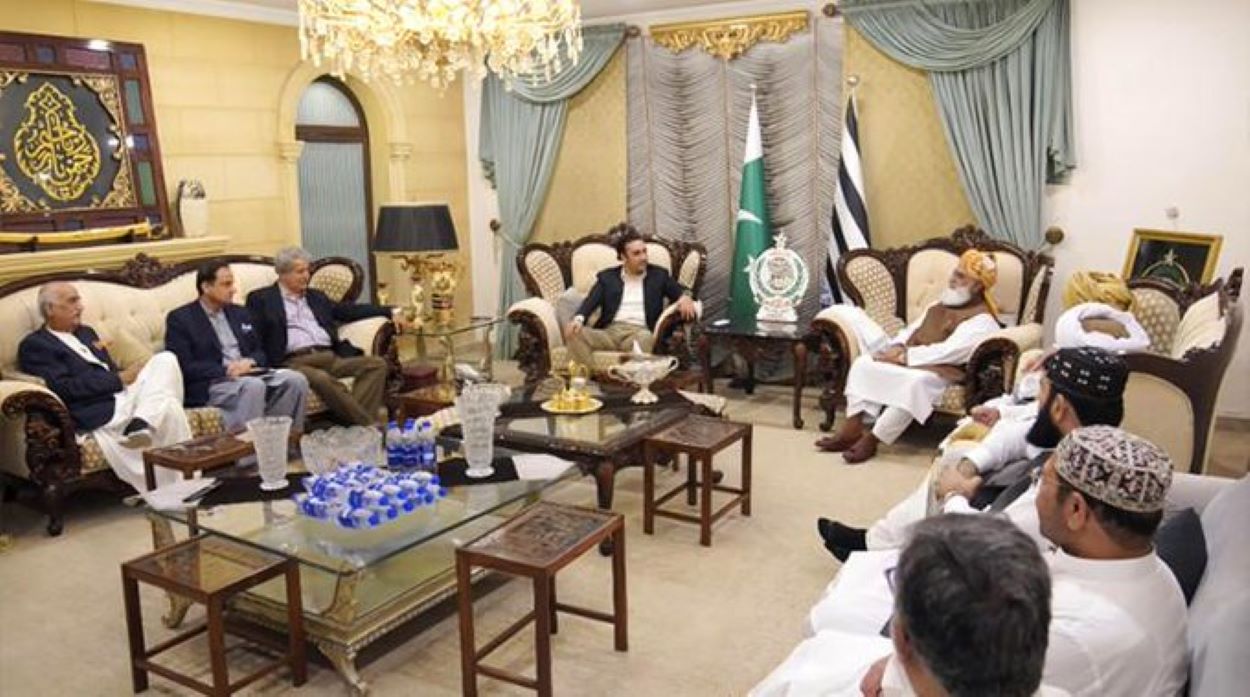The ‘Constitutional Package’ was not presented in parliament on Monday, as the government decided to delay its introduction until achieving a broader consensus.
Despite earlier claims of sufficient support to pass a constitutional amendment, the government hesitated, largely due to JUI-F’s obstruction. Informal efforts to engage Maulana Fazlur Rehman continue.
Drafts of the amendments circulated in the media on Monday morning, revealing the government’s judicial reform plans. PML-N leaders stated that this draft is preliminary and will incorporate opposition demands.
Law Minister Azam Nazeer Tarar described the document as a working draft from a special committee meeting, not the final proposal.
In a television interview, the Prime Minister’s legal advisor, Barrister Aqeel Malik, noted objections to certain clauses that delayed the bill’s presentation. He emphasized the government’s commitment to achieving consensus before proceeding.
PML-N’s Tariq Fazal Chaudhry indicated that the government would make another attempt to secure approval in the coming weeks, noting the need for an additional 13 opposition votes for the required two-thirds majority.
PM meets PPP delegation
A significant meeting occurred Monday night when a PPP delegation led by Bilawal Bhutto-Zardari met with Prime Minister Shehbaz Sharif. They discussed the amendment in detail and agreed to expand consultation efforts.
PM Shehbaz told the delegates that amending the Constitution was a parliamentary prerogative to deliver swift and effective justice. He encouraged PPP leaders to continue participating in the consultation process.
Senator Irfan Siddiqui later announced the delay in tabling the package, stating that the circulated draft was not final and needed further refinement through comprehensive consultations. He expressed optimism about presenting a more polished proposal soon and emphasized that no party, including the PTI, opposed the proposed constitutional court designed to alleviate the Supreme Court’s backlog.
Siddiqui also noted logistical challenges, as parliamentarians had been required to remain in the federal capital for an extended period, complicating the situation.






